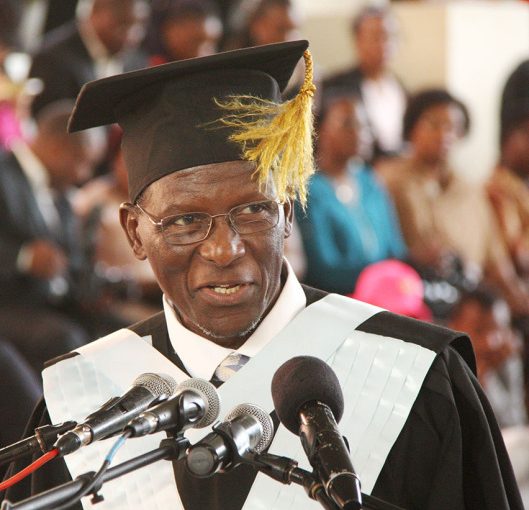Mozambique: Catholic Church concerned at child kidnapping - AIM
Mozambican rector calls on students to close ranks against academic fraud and plagiarism

Narciso Matos. File photo: apolitecnica.ac.mz
The rector of the Polytechnic University, Narciso Matos, believes that actions to combat fraud and plagiarism in educational institutions can only succeed if students take the lead, and that taking preventive or punitive measures alone won’t suffice.
Matos says that students should realise that fraud and plagiarism will only compromise their training.
“We are convinced that the only way for students to have a solid background is to learn for themselves. Therefore, they themselves should be exemplary in the fight against fraud and plagiarism,” he says.
Narciso Matos was speaking in Maputo on Wednesday, March 21, at the School of Management, Sciences and Technologies (ESGCT), an autonomous sub-unit of the Polytechnic University.
Addressing an audience of students and teachers, the rector said that “the Polytechnic University will do everything it can to be free of fraud and plagiarism. It is not because we want to be bad or good, but because it is the only way we can offer competent graduates to the market”.
“If we allow fraud and plagiarism to happen, we will be destroying the foundations needed for quality education. We will therefore strive to make the Polytechnic University an example of intolerance of these evils, and we rely on your collaboration,” Matos added.
Of a total of 5,000 students enrolled in the current academic year at the Polytechnic University, 1,859 are studying at the Higher School of Management, Science and Technology, which has 205 teachers out of a total of 652.
Also as part of the opening of the ESGCT academic year, Professor Brazão Mazula will deliver a Lectio Magistralis, on March 28 on the theme of ‘University Ethics and Quality’.
The Polytechnic University was founded in 2007, becoming the first private higher education institution to enter into operation in Mozambique, which has had public higher education institutions only since independence in 1975.
In 2015, the Mozambican Institute for Social and Economic Studies (IESE) published a study of 150 undergraduate and graduate theses from five Mozambican universities in the country which detected significant plagiarism in 75 percent of the papers and serious plagiarism in 39 percent.













Leave a Reply
Be the First to Comment!
You must be logged in to post a comment.
You must be logged in to post a comment.